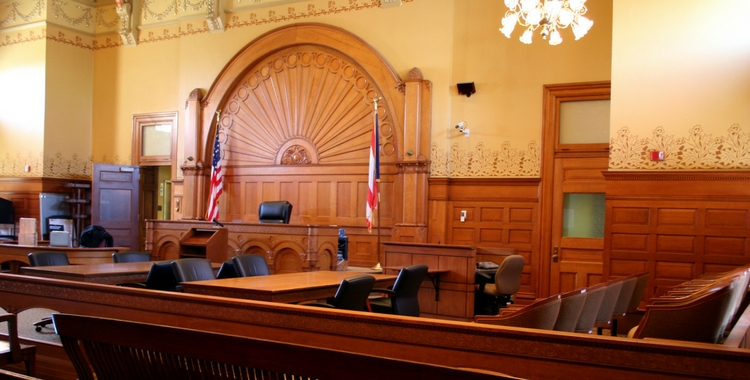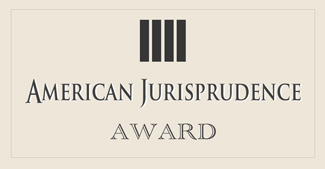
What is a Preliminary Hearing?
A preliminary hearing, also known as a prelim, is used to review the evidence against the accused to determine if there is sufficient evidence to have the defendant tried for the crime with which they have been charged. This preliminary hearing is held in a local court, typically a municipal or police court. It is important for anyone involved in a preliminary hearing to understand that there will not be a verdict of guilty or not guilty delivered at this hearing. Instead, this hearing is used to decide whether or not there is enough evidence present to proceed to a trial. The judge will be deciding whether “probable cause” is present, defined as whether the government (or prosecution team) has produced enough evidence of the defendant’s guilt in the eyes of a reasonable jury. Probable cause is different than reasonable doubt, used to prove the defendant’s guilt. Probable cause is used to define the standard to force the defendant to stand trial. Reasonable doubt is used to define the guilt of the defendant.
Preliminary hearings typically occur within a few days of the arraignment process. The prosecution won’t reveal their full strategy, and will only present the evidence they feel is necessary to proceed to a full trial. This is a fine line between revealing enough evidence to move forward with a trial and not showing all of their cards to the defense team. The defense typically withholds their evidence until trial unless they feel they can show enough evidence to get the charges dismissed. A judge will decide whether or not enough evidence is present to move forward and direct the case to the appropriate location for trial if they feel it is appropriate. The judge will dismiss the charges if there isn’t sufficient evidence to move forward.
During the Preliminary Hearing
During a preliminary hearing, the judge will first listen to the arguments made by the government or prosecution team. The prosecution may call witnesses to testify during the hearing and produce physical evidence to support their case that the defendant should be forced to stand trial. The defendant, usually through an attorney, can provide a rebuttal to this evidence as well as cross-examine any of the evidence that the prosecution team produces. They may seek to dismiss the charges at the preliminary hearing before the case even reaches trial.
After the Preliminary Hearing
After the preliminary hearing, one of two things will happen. If the judge decides that there is enough evidence to proceed to trial, the judge will direct this case to the appropriate (superior, district, etc.) court. If there isn’t enough evidence to proceed to trial, the judge will dismiss the charges entirely.
Contact Wasatch Defense Lawyers for a Free Case Evaluation
Having a skilled Utah criminal defense attorney for your preliminary hearing can stop a trial before it even gets started. Anyone facing criminal charges should put forth the strongest possible argument to ensure the case never proceeds to trial. In this situation, an experienced criminal defense attorney may make the difference. Contact Wasatch Defense Lawyers today for a free consultation.



